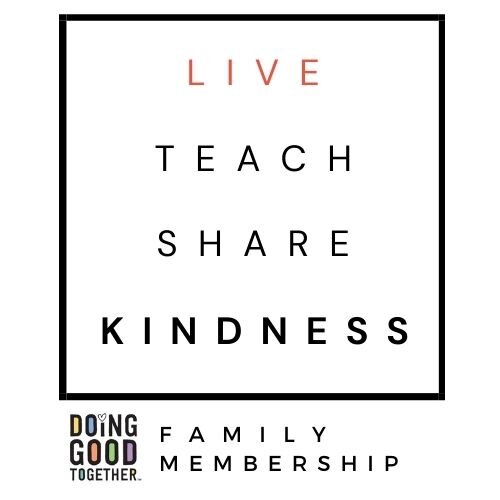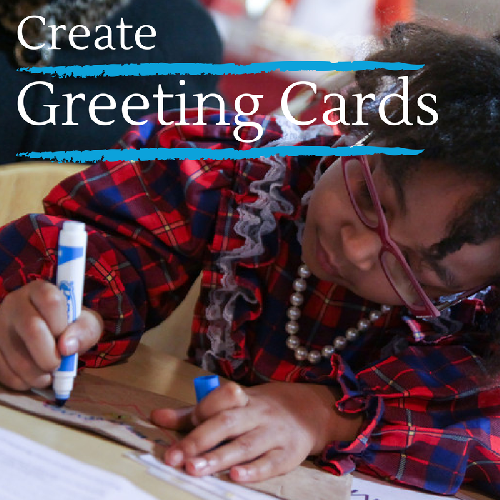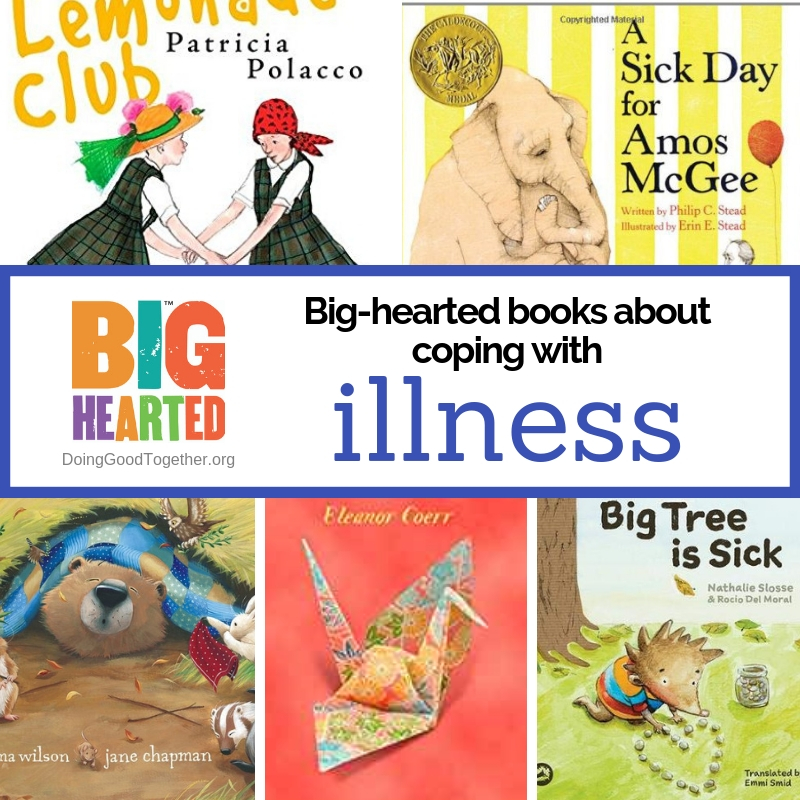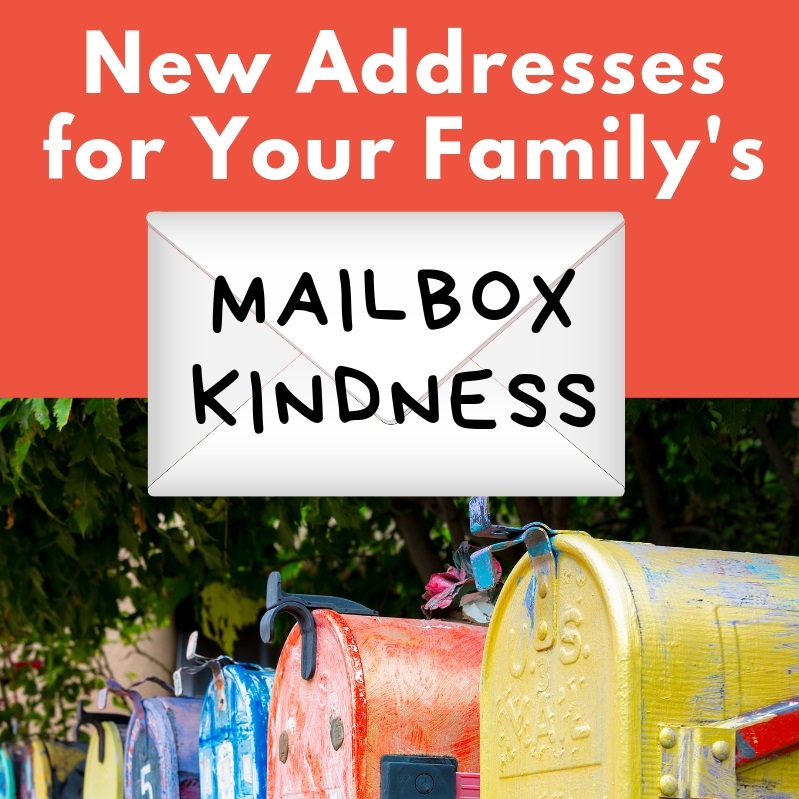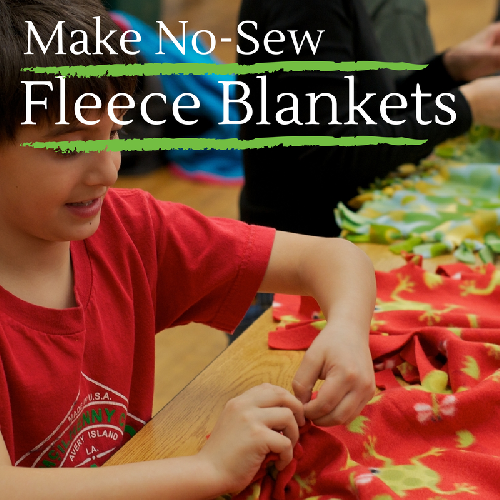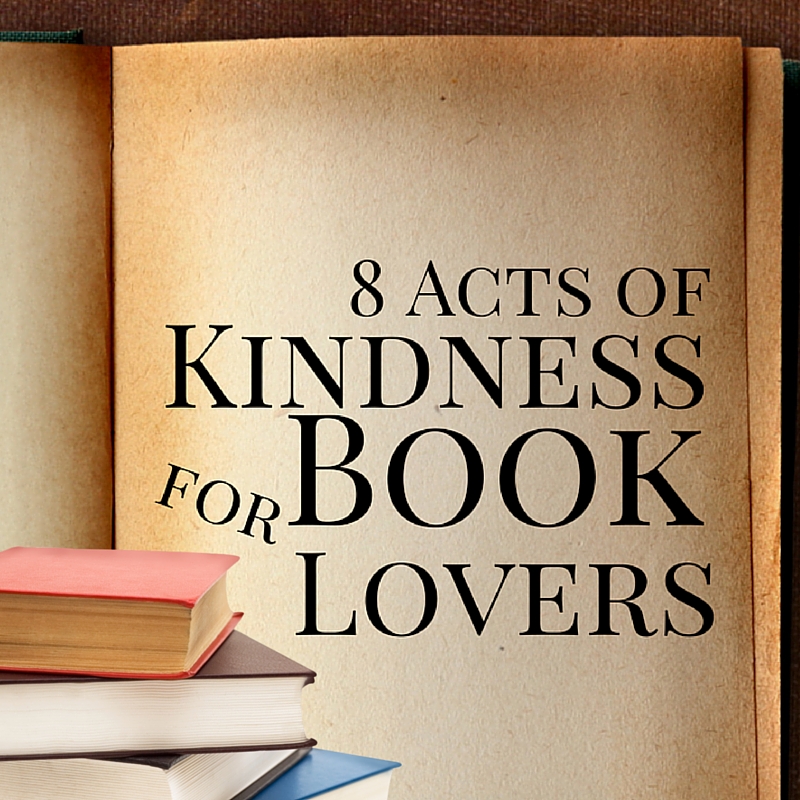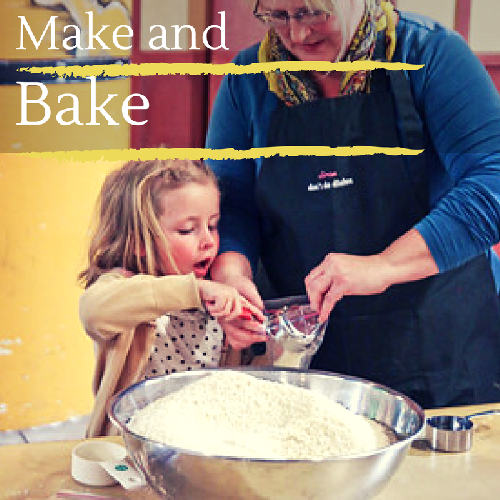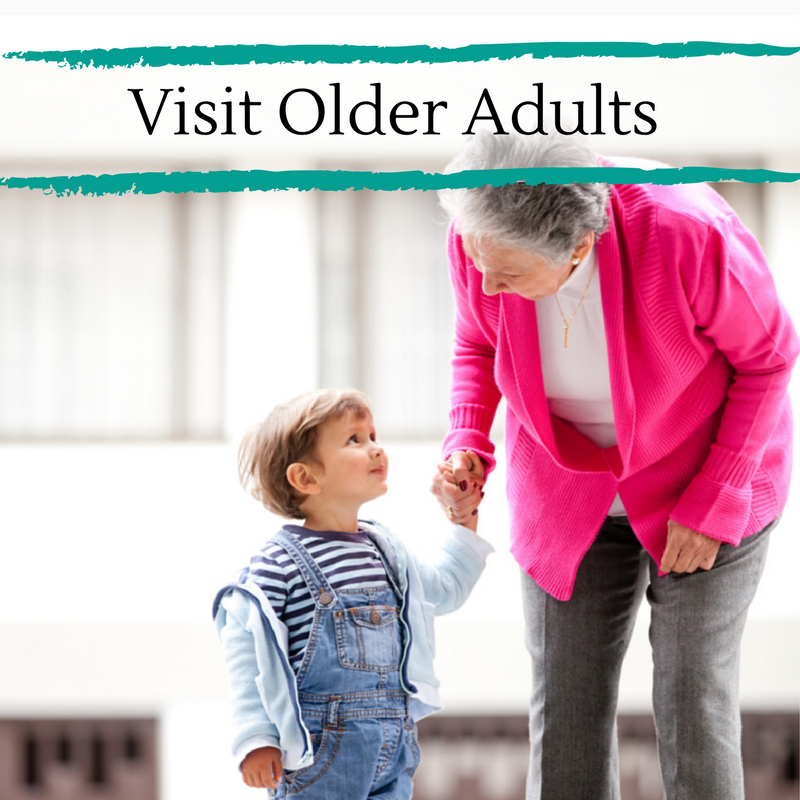Big-hearted families, it’s time we lighten up!
The sun is shining, the birds are singing, and staying laser focused on the hurts of this world isn’t going to solve our problems any faster. In fact, it’s pretty clear that our doomscrolling and news-binging habits will lead us closer to burnout.
The blahs have reportedly overtaken many of us (I’m in good company!) and our compounding collective challenges (global pandemic + systemic oppression + the climate crisis + the growing national divide) can dupe us into thinking that making change is a full-time job. No breaks. Don’t look away.
Add this to the fact that adults in the United States abandon their sense of humor by around age 23 to focus on more serious matters, and it seems clear that many of us could use a healthy dose of goofiness.
In fact, what the world needs now is more opportunities for joy, and Doing Good Together is happy to connect you with tools to spread it.
Let’s choose joy and share laughter.
No, I’m not talking about that trite bit of wall art shouting “choose joy” at you from the aisle of a big box store. That sort of toxic positivity denies the very real experience of languishing Adam Grant recently described in the New York Times.
More importantly, I do not expect any of us to turn away from the hard work of learning, advocating, and working together to build a more equitable, vibrant society. We can (and must) embrace moments of joy while doggedly pursuing positive change.
I’m talking about practical, science-based strategies to use the power of laughter for good in our communities at a time when we all need it most.
Laughter is universal. Across cultures, across age groups, everyone laughs and everyone feels better when they do. Shared joy brings us together. And according to Scott Aukerman, co-founder of "Between Two Ferns," humor may be a crucial tool to fostering empathy.
Let’s cultivate a sense of humor!
The best news is that we can help our children – and ourselves – strengthen our atrophied funny bones. These tools will get you started:
This article from the School of Life offers tips for a stronger sense of humor.
Scholastic offers practical tools to encourage our kids’ developing senses of humor as well.
3 Ways to Use the Power of Laughter for a Brighter World
Are you ready to try exuberant acts of comedic kindness? Here are a few science-backed strategies to get you started.
1. Share Laughter to Strengthen Community
Click here for fun animal jokes to cheer up seniors, hospital patients, or friends and family who may be languishing.
Laughter is powerful medicine, making it an incredible gift to give others. Here, the science is overwhelming. Laughter makes us feel less depressed – obviously – and more energetic. It relieves stress and boosts our sense of feeling connected to others. And laughter’s contagious nature means it’s not that difficult to share with others!
Try this:
Create "Little Landmarks" to hide along trails in a local park. Or leave behind art featuring a "Lucky Penny" to brighten someone's day. This little book is full of imaginative (and sneaky) ideas to brighten the world around you.
Share humorous greeting cards with a senior care facility: Pick up a book of pun-filled animal jokes and use magazine cut-outs of animals (try adding googly eyes!) to illustrate your cards. Add encouraging, cheerful notes, and know seniors will undoubtedly have a chuckle over your family’s handiwork.
Try guerrilla humor. Share sidewalk chalk jokes along a popular park path. Write them on sticky notes and leave them on front doors. Leave sneaky art in public spaces. Or try joke-filled Car Window Poetry. Whatever your medium, guerrilla humor is sure to bring joy to your family, along with any community members who happen upon it!
Ask, what can we do to joyfully, safely bring people together, in person or virtually? According to the research, we’re 30 percent more likely to laugh in the presence of others than alone. After a year of quarantine, it’s crucial for us all to look for creative, humor-filled ways to reconnect with our communities as the pandemic eases and vaccine rates rise.
2. Choose Laughter to Build Peace
Kid President has lots of good (and humourous) advice to disagree well.
Humor has the power to soothe or to escalate conflict depending on how it’s used. Let’s help our kids – and ourselves – recognize deploy a good joke to distract, diffuse, and dilute a disagreement.
Try this:
Practice diffusing conflict:
Follow these tips from the Center for Parenting Education to use humor to break up tense moments and power struggles. These techniques will help your child learn to face social conflict with positive humor.Practice recognizing what’s NOT funny:
Choose a book from this list for upstanders – like Because of Mister Terupt by Rob Buyea – and talk about different ways characters could stand up to the bully’s nasty humor. Simply feeling empowered to say “that’s not funny” is an important tool in your child’s upstander toolbox.
3. Embrace laughter to care for yourself.
Sharing laughter with others has an incredible side-effect. It makes us happier too! A good laugh lowers our stress, improves our sense of well-being, and generally makes us feel better. Here are some laughter-based practices to boost your family’s sense of well-being.
Try this:
Notice everyday humor: Ask kids, Who made you smile today? Did you make anyone smile today?
Make time for laughter: Set an alarm. Make it a date! Take a break from balancing your competing obligations and share silly, one-on-one time together.
Share humorous media: Watch a goofy show, listen to a funny podcast like NPR’s Wow in the World, or enjoy a light-hearted movie together (see: Mitchells versus the Machines for a fun new Netflix movie!)
Practice taking yourself a bit less seriously. Cultivate a sense of levity. Elevate simple joys. Remind yourself that working for a better world also involves taking a break from the gravity of the challenges we face and embracing joy in our homes and in our communities.
This past year or more has forced our funny bones to atrophy. But the damage isn’t irreversible. We can choose joy. We can make an effort to create opportunities for joy and shared smiles, to heal ourselves, and build stronger connections in our fractured communities.
And we can have a little, light-hearted fun in the process.
If you like our free resources, you'll love our membership program! Join today, and we'll help you keep kindness on your family calendar all year long
Discover more projects in our growing collection below.
Disclaimer: Doing Good Together™ is a participant in the Amazon Services LLC Associates Program, an affiliate advertising program designed to provide a means for sites to earn advertising fees by advertising and linking to Amazon.com.
The recommendations we offer are based solely on our mission to empower parents to raise children who care and contribute.






